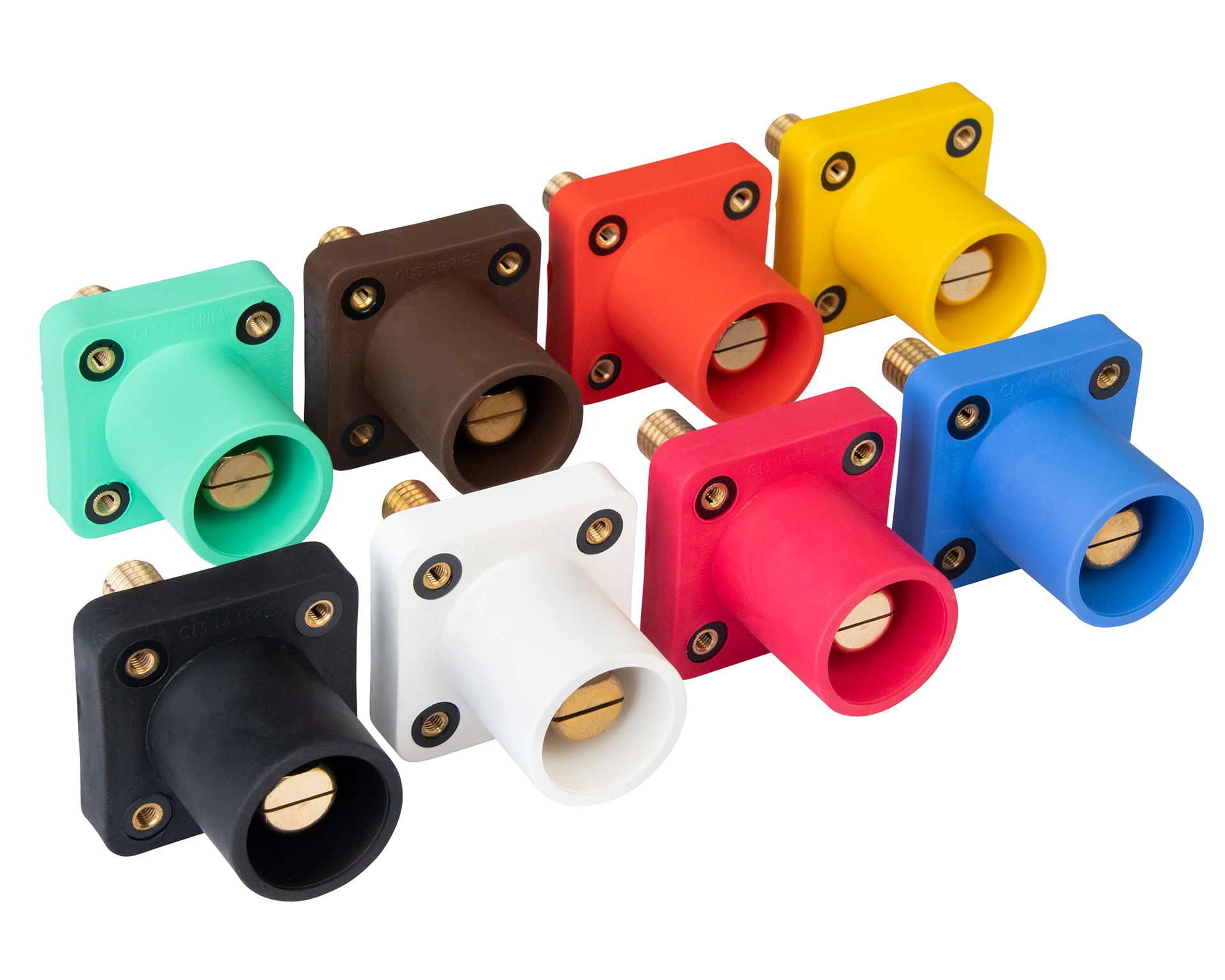Temporary replacement has become a go-to strategy for businesses and job seekers alike. Whether it's due to seasonal demand, unexpected absences, or project-based needs, companies are increasingly turning to short-term staffing solutions to keep operations running smoothly. If you're trying to understand what temporary replacement really means, or how it can benefit your company or career, you’re in the right place.
From healthcare to hospitality, logistics to retail, temporary replacement is reshaping how industries approach staffing. It gives employers flexibility while offering workers opportunities to gain experience and earn income without long-term commitments. It’s a win-win, especially in today's fast-moving job market where change is the only constant.
So, what exactly does temporary replacement involve? How does it work in different sectors? And why is it gaining traction in the world of work? Let’s break it all down in a clear, conversational way.
Table of Contents
- What Is Temporary Replacement?
- Why Companies Use Temporary Replacement
- Benefits for Job Seekers
- Industries That Rely on Temporary Replacement
- How to Find Temporary Replacement Opportunities
- FAQs About Temporary Replacement
What Is Temporary Replacement?
Temporary replacement refers to hiring someone on a short-term basis to fill a role that’s usually held by another employee who’s unavailable — whether it's due to illness, maternity leave, or even a vacation. It’s also commonly used to meet seasonal demands or to cover roles for specific projects.
These positions can range from a few days to several months, and often come with the possibility of turning into permanent roles. Companies like Temporary Spa, a well-known staffing agency in Italy, specialize in helping both employers and job seekers connect through temporary replacement solutions.
So, if you’ve ever been asked to step in for a colleague, or applied for a job that says “temporary” or “fixed-term,” you've already encountered this model in action.
Why Companies Use Temporary Replacement
There are plenty of reasons why employers turn to temporary replacement. Here are a few of the most common ones:
- Flexibility: Companies can adjust staffing levels based on current needs without long-term commitments.
- Cost control: Hiring temporary workers can be more budget-friendly, especially when there’s no need to offer benefits or long-term contracts.
- Testing the waters: Employers can evaluate a worker’s fit before offering a permanent position.
- Handling peak periods: Industries like retail, logistics, and hospitality often see spikes in demand during holidays or special events.
It's also a way to keep business running without overworking existing staff. For example, if a key team member is out on leave, bringing in a temp ensures that responsibilities are covered without disrupting workflow. Learn more about temporary staffing solutions on our site.
Benefits for Job Seekers
Temporary replacement roles aren’t just good for companies — they offer real advantages for job seekers too. Here’s how:
- Opportunity to gain experience: Temp roles can help you build skills and get your foot in the door at companies you might not otherwise have access to.
- Flexible schedule: If you’re juggling school, another job, or personal commitments, temp work can give you the freedom to work when it suits you.
- Networking: You’ll meet new people, build connections, and potentially open doors to future opportunities.
- Try before you commit: Just like employers, job seekers can use temporary positions to see if a company or role is a good fit before accepting a permanent offer.
For people just starting out, re-entering the workforce, or looking to switch careers, temporary replacement can be a stepping stone to something more permanent — and it looks great on a resume too.
Industries That Rely on Temporary Replacement
While temporary replacement is used across many sectors, some industries depend on it more than others. Here’s a look at a few:
- Healthcare: From nurses to administrative staff, healthcare facilities often need temp workers to cover shifts or seasonal surges.
- Logistics and transport: Companies dealing with shipping, warehousing, and delivery often hire temporary workers to manage peak seasons.
- Retail and hospitality: These industries regularly use temporary replacement during holidays, sales periods, or special events.
- IT and office support: Temporary tech workers or administrative assistants are often brought in during system upgrades or busy project phases.
Take a look at the job listings from Temporary Spa, and you’ll see they work with a wide range of sectors — from temporary logistics roles in Roncade to hospitality jobs in Alessandria and healthcare positions in Cinisello Balsamo.
How to Find Temporary Replacement Opportunities
If you're looking to get started with temporary replacement, here are a few steps you can take:
- Register with staffing agencies: Companies like Temporary Spa specialize in matching candidates with short-term roles. Create a profile and upload your CV to get started.
- Update your resume: Highlight any past temporary or contract work you’ve done, and include skills relevant to the type of jobs you want.
- Be ready to start quickly: Many temporary roles come up with short notice, so staying flexible and available is a big plus.
- Use online job boards: Sites like LinkedIn, Indeed, and local job portals often list temporary replacement opportunities across industries.
- Network: Let friends, former colleagues, and contacts know you’re looking. Sometimes the best jobs come through word of mouth.
Once you land a temporary role, treat it like a full-time job — be professional, show initiative, and you might just find yourself offered something more permanent.
FAQs About Temporary Replacement
What does temporary replacement mean in a job posting?
When you see a job listed as a temporary replacement, it usually means the role is meant to cover for someone who is currently unavailable. It might be for a few days, weeks, or months, and could potentially turn into a permanent position depending on the company’s needs and the worker's performance.
Can a temporary replacement become permanent?
Yes, absolutely. Many companies use temporary roles as a way to assess potential employees. If you do well and the company has ongoing needs, there’s a good chance you could be offered a permanent contract.
How do I apply for temporary replacement jobs?
You can apply through staffing agencies like Temporary Spa, online job boards, or directly through company websites. Make sure your CV is up to date and tailored to the kind of work you're looking for.
Learn more about temporary replacement opportunities on our site .



Detail Author:
- Name : Brent Lowe
- Username : orville.cole
- Email : rau.skyla@gmail.com
- Birthdate : 2000-05-31
- Address : 21521 Oberbrunner Pine Suite 161 South Tobinberg, NY 96417
- Phone : 208.747.6377
- Company : Williamson PLC
- Job : Chemical Equipment Tender
- Bio : Eos iste est est amet. Qui corporis magni expedita. Sit nulla dolore modi accusamus debitis et deleniti.
Socials
twitter:
- url : https://twitter.com/wilkinson1971
- username : wilkinson1971
- bio : Molestias rerum perspiciatis cum necessitatibus temporibus. Eligendi veniam voluptatem sit veniam. Et officiis enim perspiciatis dicta.
- followers : 3710
- following : 2865
facebook:
- url : https://facebook.com/wilkinson1999
- username : wilkinson1999
- bio : Dolor qui quia enim culpa.
- followers : 1892
- following : 1135

